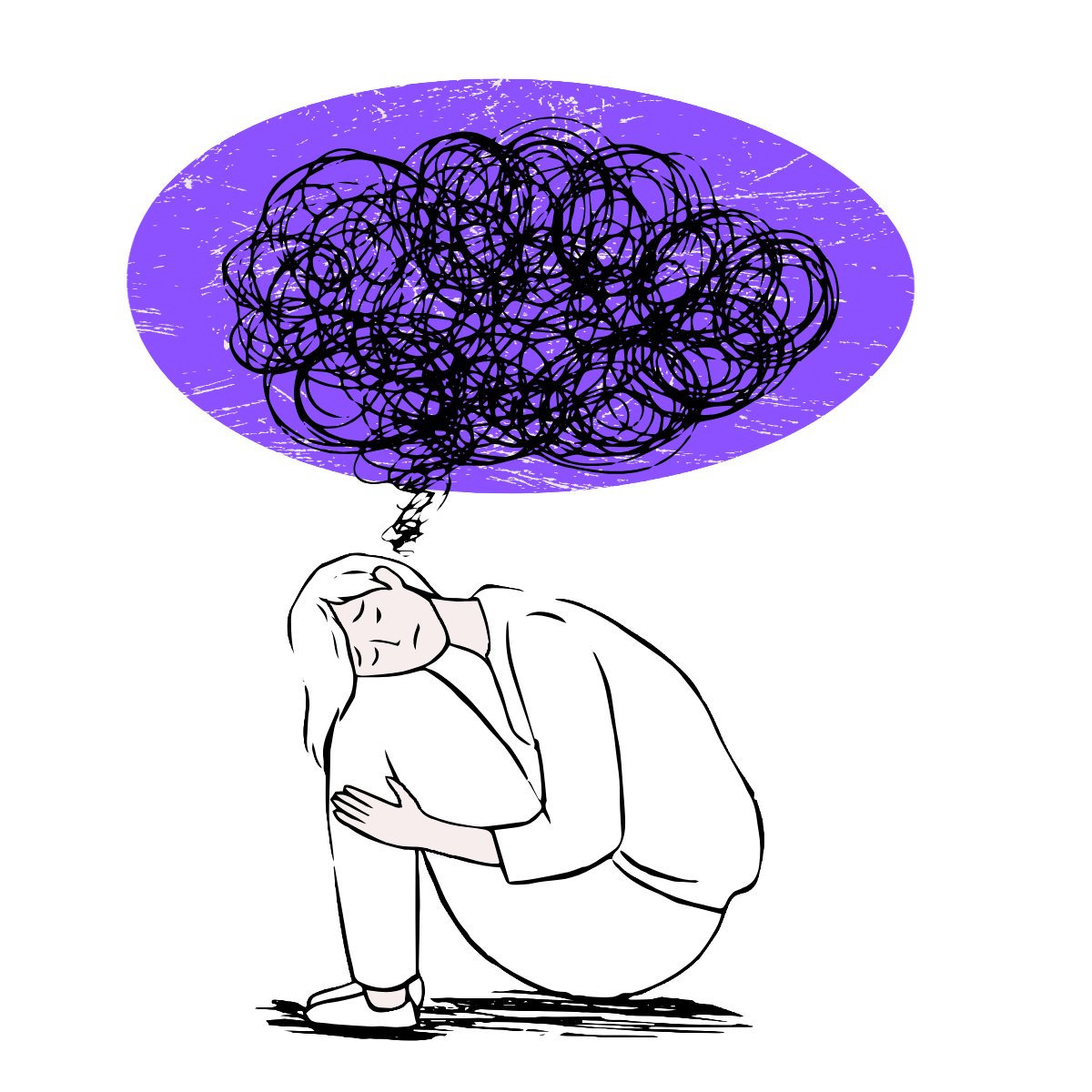About Acting Everyday

Who is this weirdo?

Hi! 👋 I’m AT, the creator of Acting Everyday. A writer and chronic overthinker with a pantry full of coffee and a mind full of questions. Questions like… did I leave the stove on? Somethin’ on my face? Wtf was in that briefcase from Pulp Fiction?
When my anxiety takes a nap, I think about the myriad ways in which we say things we don’t mean, deceive ourselves (and in turn those around us) without understanding why we do it — and the theater of it all. 🎭
If you care about degrees, I majored in Sociology and have a Master’s in Humanities.
I write about human behavior through an interdisciplinary lens to try and make sense of our many maddening contradictions. “Try” being the operative word.

What is this about?

Acting Everyday explores human behavior through the lens of film, culture, art, and science. It’s inspired by my graduate research on performance and self-deception, and the work of sociologist Erving Goffman.
This blog shines a light on hidden influences that shape our behavior and the roles we play in our own life.
P.S. This is a 100% independent blog. I’ve built every (good, bad, and ugly) inch of this space myself and am not affiliated with any organizations or brands. If you have any questions, you may reach me here.
Wanna know more?
Join The Backstage Newsletter for personalized posts + cool film recommendations every week.
I also write about my own challenges performing a role in a special edition Writer’s Backstage.
What's "the fourth wall"?
The fourth wall is the imaginary barrier that separates actors from the audience. They know it’s there, we know it’s there. But the wall sustains the fiction; it keeps them out of our world, and us from theirs.
To break the fourth wall is to disrupt the fiction.
In film, it’s when the actor acknowledges the audience for comedic or dramatic effect, sometimes probing their conscience during a social or moral dilemma. For example, in The Irishman, Robert De Niro breaks the fourth wall by looking directly at the camera more than 5 times during a moral conflict. As a result, the audience is not only confronted but implicated by simply bearing witness. Check it out. 👇
Source: The Irishman, 2019, Netflix
The same principle takes effect in everyday life when you “break the fiction” of a certain situation by refusing to go along with the proverbial script. For example, interrogating when you’re expected to conform without question. In such situations, deviating from the script helps the audience gain a voice in an otherwise voiceless role. Moreover, the discomfort of abandoning social convention often ends up illuminating the strangeness or hypocrisy of a person, group, situation, or institution.
It empowers the audience to think and feel for themselves. To act of your own volition.
